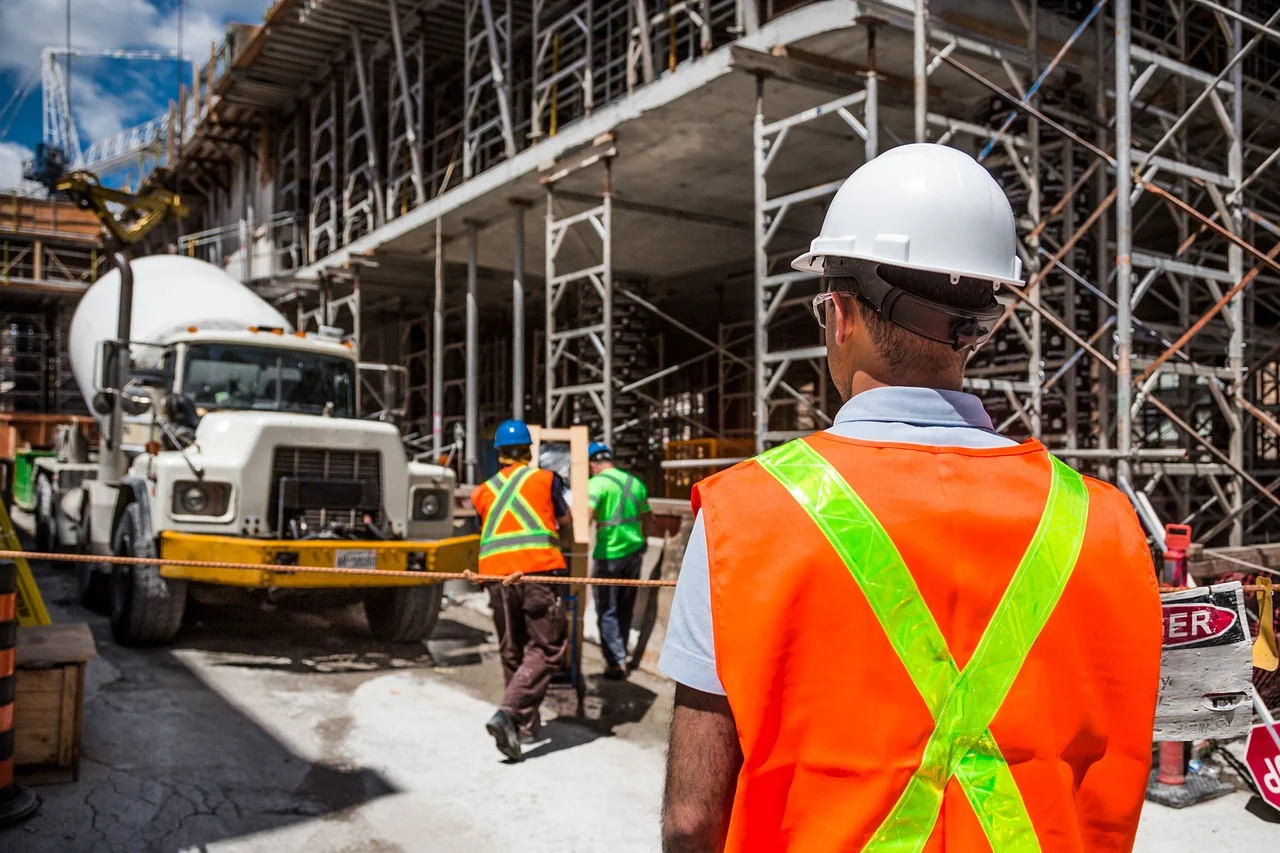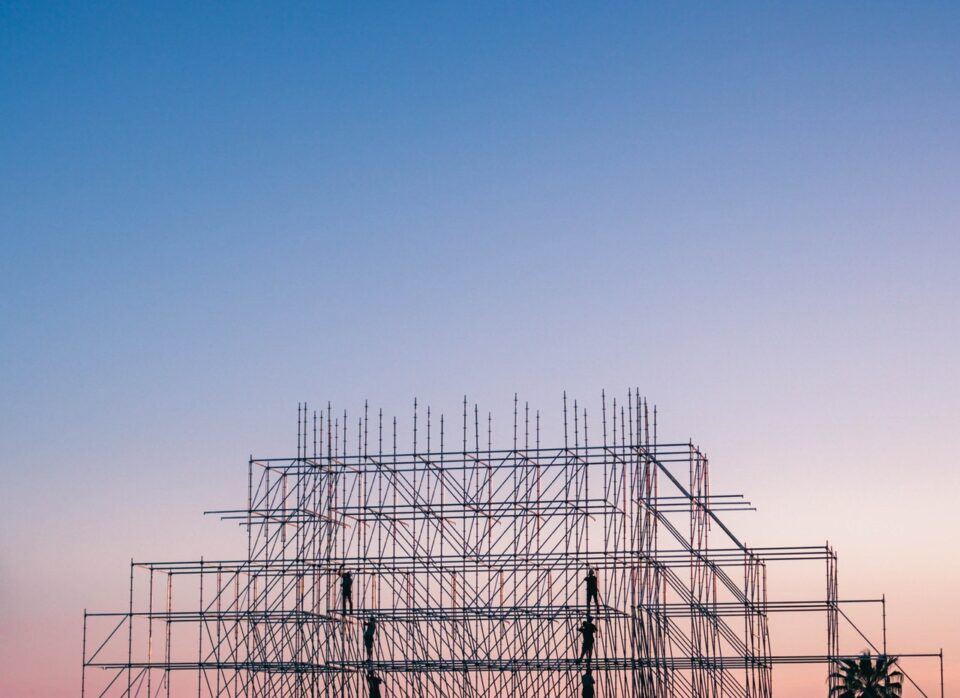Construction companies are always at high risk for workplace accidents. Because of the nature of their work, they’re often dealing with heavy machinery and sharp objects that could cause severe injuries if not handled properly. Additionally, construction projects can be in remote areas where there are no other workers around to assist if an accident happens.
The following are some tips to help you keep your construction company safe and secure:
Protect Your Workers
The number one priority for any construction company should be protecting its workers. You can do this by following the Occupational Safety and Health Administration (OSHA) guidelines. For example, you should make sure that your workers are wearing hard hats when working in an area with a risk of falling objects or other dangers.
Provide Proper Training

Regularly provide your employees with basic safety training for the job they are performing. These can be either enforced with limited or restricted access to certain individuals without the right gear. On the other hand, safety gears can be upgraded for more security.
Make Health and Safety a Priority
Health and safety must be a top priority for your business. This means investing in the proper equipment, following OSHA guidelines, and establishing protocols for emergencies. Your construction company can also make sure to create an adequately-sized work area for workers by hiring qualified employees with the needed skill sets.
Stay Alert and Aware of Possible Hazards
The first step is to stay alert and aware of possible hazards. It would help if you never took your safety for granted. Work-related accidents are quite common and businesses can suffer a great deal from lawsuits as well as losing talent who get injured.
Setting strict guidelines from experienced staff members who work in safety and security can help minimize these hazards and keep a steady and seamless flow of operation.
Keep an Eye on Company Data
How much time do you spend thinking about your construction company’s data security? Like most in the construction industry, you are probably focused on keeping your current projects on time and within budget. Perhaps even preparing the next bid simultaneously? Unfortunately, many construction companies have been slow to buy into computer technology and recognize their data vulnerability.
Secure data is of the utmost importance, especially for companies that deal with much financial information. Sure, you are vulnerable to spying from competitors, but it’s the risk your clients and employees face that matters most. Employment records, financials, and blueprints are all vulnerable to theft. So, use data encryption to protect company devices and archive your old, unused data.
Construction Environment

Dust can be fine or coarse, dry or sticky, but it is always a type of powder consisting of tiny particles of the waste matter lying on the ground or surfaces or carried in the air.
Use industrial cartridge dust collectors; they ‘collect’ dust that is liberated or generated during your production process, and generally, this dust will be a waste product. However, we can design solutions to suit if the dust is to be reprocessed or returned to the process.
It’s also important to consider the safety of your workers in other environments, and not just while they are on construction sites. For example, if they are making deliveries or traveling between sites, their safety is just as important. You may find your company needing to get involved with a truck accident lawyer if anything happens off-site while your employees are traveling by road. It’s your responsibility as an employer to watch out for your employees’ safety when they’re working, even if they’re not actually on-site for part of their job.
Follow OSHA Guidelines
One of the first ways to keep your construction company safe and secure is following OSHA guidelines. OSHA is an acronym for the Occupational Safety and Health Administration, which provides standards for safety in the workplace.
These standards include rules for keeping a construction site free from hazards and instructing workers about how to deal with those hazards. One of these guidelines includes maintaining a clean place.
Make sure your employees know how to keep their workspace safe and clean by using tools that are in usable condition, removing debris from work areas, and disposing of hazardous materials correctly.
